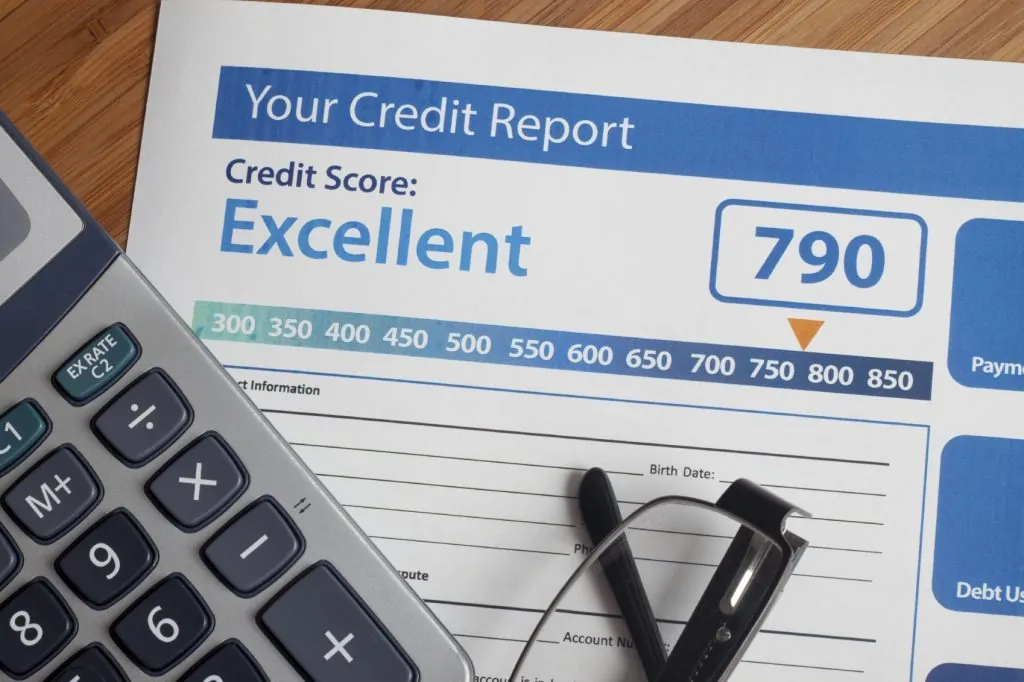Many Americans suffer from poor to average credit; severely limiting their financing options for things like mortgages and vehicle loans. Many people fall into the trap of overspending, missing payments, and getting into debt via credit cards or other short-term financing options. Often, the debt we incur via credit cards is due to things we don’t even need! Here are seven tips for rebuilding your credit and getting your financial situation in order.
1. Stay Informed
There are plenty of credit card companies who offer monthly reports or credit scores. These monthly reports are only “at a glance” representations of your financial situation, but are much better than knowing nothing at all. It’s your job to keep yourself updated on your own financial standing, and knowledge is your best weapon in the fight against debt.
You should also be taking a look at your monthly finances to get a better idea of where your money is going. By understanding what you spend money on, you can mitigate expenses by finding cheaper alternatives or eliminating certain habits or expenses altogether.
A financial advisor can help you identify the impact of your spending habits and help you plan for a better financial future. These experts are well versed in finances and can lend their expertise to help you achieve your financial goals. Read this list of the best financial advisors in San Antonio to learn more.
2. Pay on Time, Every Time
When you borrow money, you’ll have a monthly payment date that you must adhere to if you want to remain in good financial standing. Late fees add to the cost of your loan or credit and can reflect poorly on your credit report. Depending on the length of time between your payment date and when you paid the amount, the effects can be more impactful.
Lenders don’t like to see late payments on your credit report. This can reduce your credibility by bringing into question whether or not you’re planning out finances in an informed way. Falling behind on payments can seriously damage your credit score and history, making it all the more difficult to secure financing when you need it most.
3. Don’t Max Out Your Limits
This applies to credit cards especially. Ideally, you’ll want to remain well below your maximum spending limit; only utilizing a small portion of the credit that’s available to you. This shows your lenders that you’re not maxing out cards every month; which, if you need to do, to begin with, it’s probably not a good idea to have an open credit card account.
Maxing out your borrowing limit is a good way to fall seriously behind on your payments. The more you spend, the higher your minimum payments are, and the more you’ll end up paying should you default or miss payments. Not to mention, the APR starts to add up quickly when you maximize your credit limits.
4. Secure Credit Cards
A secure credit card is a good option for those trying to rebuild their credit, as they prevent you from overspending or breaching your spending limits. Since you’ll be required to pay a deposit upfront, you’ll be able to control how much money you have access to. This is a great way to curb spending and get your credit back on track.
A secured credit card should be treated the same as a regular card; pay on time, don’t pay only the minimum, etc. Managing your balance will help you get a better idea of how you should handle a regular card and may improve your credit enough to get you the financing you need.
5. Control Your Spending
While this is certainly easier said than done, it’s still a crucial component of improving your credit and your overall financial standing. Impulse buys, splurging, etc., all add up quickly; especially if you’re using credit cards to purchase expensive items. We’ve all fallen into the trap of purchasing our favorite material items on a card, but this is a slippery slope.
The problem with buying material items on credit is that they don’t actually hold any value over time, so you’re spending money on something that won’t even retain its original value. When you’re rebuilding your credit, you must control your spending. Avoid impulse buys, and leave your credit cards at home when you go out. Only use them for things you know you can pay off in a reasonable amount of time. Sometimes, it’s better to skip the new TV so you can have a brighter financial future.
6. Pay Past-Due Balances
If you have any past-due balances from old credit cards, bills, or other loans, you’ll want to pay them off as soon as possible. The longer a past-due balance remains unpaid, the more impact it has on your credit score. Once you reach the 90 and 120-day overdue period, your credit reports start looking a lot less impressive.
7. Create a Savings Account
Save everywhere you can, even if you’re just putting pennies in a jar. When you’re rebuilding credit, you’ll want an emergency fund available to you so you don’t have to seek any financing (or very little) in the event of any financial emergencies. Medical bills or other expenses can arise without warning, so it’s vital to your success to have a backup plan.



